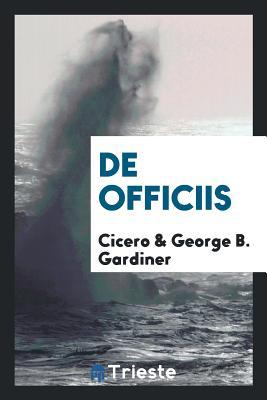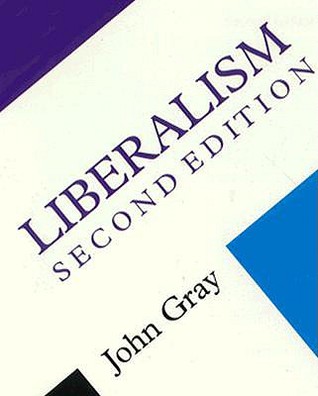I discovered only by accident a week ago a little book called Liberalism, by the English philosopher John Gray, published originally in 1986 and in its second edition in 1995. For many reasons, I wish I’d known of it earlier, as I’m finding it useful in my continuing pursuit of liberalism—and of the nastier and more notorious members of the liberal species. Having been commissioned as a single volume in an edited series called Concepts in Social Thought, it is much briefer and more narrowly academic than Kenneth Minogue’s classic on the same subject, published in the early 60’s, though still useful. Gray discerns, among all the variants of the liberal tradition, four elements that are common to all of them: individualism, egalitarianism, universalism, and meliorism. He lays special emphasis, in our time, on the last two.
Skipping forward to the Conclusion, added in 1994, I found what I was looking for in particular: an assessment of the future of liberalism in the 21st century. Here Gray notes that, as liberalism is hegemonic in no society (he is writing in 1994, remember), but rather is partially constrained by the survival of traditional political elements cheek by jowl with it, not even Western liberal cultures can be assured of continuous self-renewal in future. Nearly 25 years later, the Western world has suffered a period of liberal hegemony that is now being powerfully challenged in the United States and Europe.
The ruin of Soviet Marxism was, after all, the failure of a universalist Western ideology, of a species of the Enlightenment project; it was [contrary to Francis Fukuyama’s view] not the end, but the resumption of history, in forms as little likely to be liberal as they are to be ever again Marxist.
Gray concludes:
In the postmodern age, liberal culture and liberal states must renounce any claim to universal authority, and learn to live in harmony with other, non-liberal cultures and polities. Finding institutions which can harbour cultural diversity in peace, both in relations between states and within states, is the pluralist challenge to postliberal thought.
It is a challenge that American and European liberals are not meeting well, as they willfully and angrily resist their publics’ revolt against illiberal democracy at home and the forced imposition of democracy globally.
—Chilton Williamson, Jr.

“Everyone needs some teaching on morals and a description of virtues,” declared the great Lutheran Reformer Philip Melanchthon. The Praeceptor Germaniae was speaking at the University of Wittenberg, 1534, introducing a course on Cicero’s De Officiis (On Duties) to students—young men who needed to learn how to behave. Christians rarely see the need for such instruction these days, owing to our incurable sensitivities at being told that we might have sinned, or that we ought to be doing something we’re not already inclined (as pro-life, pro-marriage believers) to do.
Yet the Church has, at least since St. Ambrose, read Cicero with delight, figuring that the wisest among the pagans might have something to teach us, having recourse as they did to natural law and the “traditions of the ancients,” as Josef Pieper routinely pointed out. Thus, Cicero won’t tell us about how a man may have his sins forgiven, but he can certainly tell us how a man ought to comport himself, not just to achieve the “success” sought by sophists, but to do actual good in civil society.
Those interested in meditating on that will delight in the great Roman orator’s book, dedicated to his son, and the Loeb edition of De Officiis—lately a companion of mine—is an attractive, readable hardcover volume that is small enough to tote around. The side-by-side layout of the original text and its English translation allows you even to practice and check your Latin.
—Aaron D. Wolf

Leave a Reply